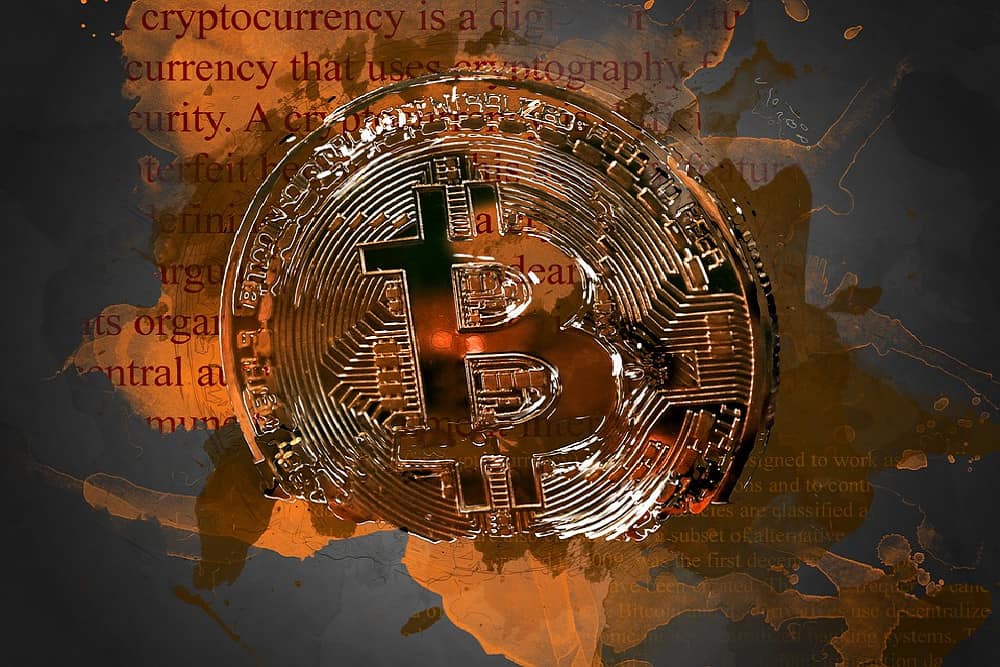New statistics about the source of the Bitcoin hashrate revealed that more than half of the asset’s hashrate is controlled by two mining pools.
Recent data suggests that the Bitcoin network has been becoming increasingly centralized between two major mining pools. The mining pools have come to dominate the network’s hash rate after its block reward was halved on May 11. Both of these mining pools are located in China.
Bitcoin hash rate
According to data regarding Bitcoin’s pool distribution, three mining pools control the majority of the Bitcoin hashrate. These are the F2Pool, AntPool, and BTC.com, which account for 21.8, 16.0, and 15.1 percent, respectively. Both AntPool and BTC.com are part of Bitmain, meaning that Bitmain and F2Pool collectively account for 52 percent of the network’s hashrate.
Is Bitcoin becoming centralized
Bitcoin hashrate is becoming centralized, which is a negative thing for the asset as it damages its decentralized nature. Furthermore, it gives two companies that account for over 50 percent of the network’s hashrate, significant control over the BTC network.
The centralization might have increased due to the recent Bitcoin halving event that forced many miners to close shop due to reduced profitability. The halving reduced the block reward on the Bitcoin network by 50 percent, causing loss to a lot of miners. This was evident in network statistics that showed that Bitcoin’s hashrate had seen a slight decline since its halving.
The network’s hashrate is becoming more and more concentrated in China even before the block reward halving event. A 2019 report by CoinShares claimed that “as much as 65% of Bitcoin hashpower” resided in China.
This is bad for the Bitcoin network as the Chinese government’s harsh cryptocurrency policies put these pools in danger of falling out with the government. If these mining pools are forced to shut down, the Bitcoin hashrate would see a sharp decline that might cause the network to face immense short-term network congestion.





